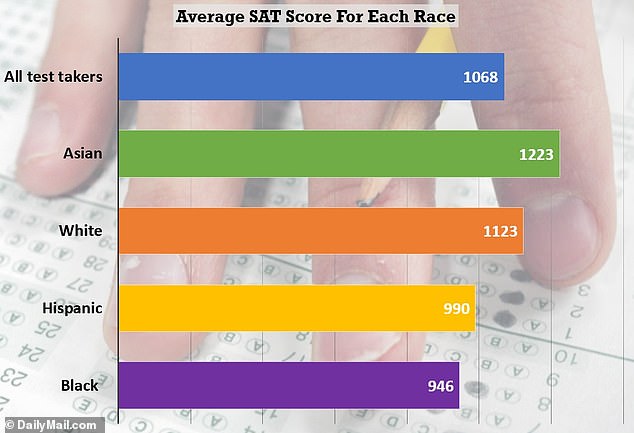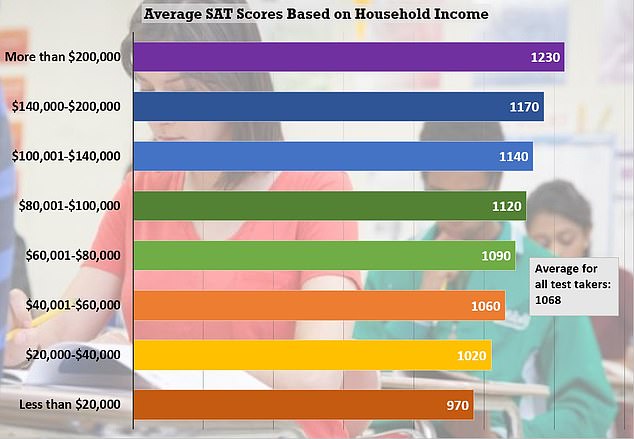Pea-n-Me
DIS Veteran
- Joined
- Jul 18, 2004
http://time.com/5590396/sat-adversity-score/
"SAT scores will soon be measured by more than just a teenager’s math and verbal skills — the College Board is rolling out a new “adversity score” program that is intended to give universities a chance to gain a fuller picture of the applicant’s background.
But as several elite universities are already facing lawsuits over affirmative action admissions practices, some wonder how the new rule will be received by more affluent families who do not benefit from this new scoring.
The score, officially called the Environmental Context Dashboard, is calculated with 15 factors that address a student’s home life, community and school system. According to the College Board, it takes into account the student’s local crime rate, poverty rate, whether the student has a single parent, median income, the availability of Advanced Placement (AP) classes and more.
Together, they add up to an overall disadvantage level, scored out of 100, that only universities will be able to view in a special tool that supplements the exam.
Students themselves will not be able to view their own adversity scores, so they will not know how much the score influenced their college admissions decisions.
Race is not a component of the adversity score, which Jeremiah Quinlan, Yale’s dean of undergraduate admissions and financial aid, told the Yale Daily News last September is something he found to be helpful. He said the tool “helped us identify kids who have overcome significant contextual adversity in a very race-neutral way and a very data-driven way.”

Like? Don't like? Neutral?
Problems you can see?
Advantages seem obvious, but commentary and practical experiences would be interesting to hear.
"SAT scores will soon be measured by more than just a teenager’s math and verbal skills — the College Board is rolling out a new “adversity score” program that is intended to give universities a chance to gain a fuller picture of the applicant’s background.
But as several elite universities are already facing lawsuits over affirmative action admissions practices, some wonder how the new rule will be received by more affluent families who do not benefit from this new scoring.
The score, officially called the Environmental Context Dashboard, is calculated with 15 factors that address a student’s home life, community and school system. According to the College Board, it takes into account the student’s local crime rate, poverty rate, whether the student has a single parent, median income, the availability of Advanced Placement (AP) classes and more.
Together, they add up to an overall disadvantage level, scored out of 100, that only universities will be able to view in a special tool that supplements the exam.
Students themselves will not be able to view their own adversity scores, so they will not know how much the score influenced their college admissions decisions.
Race is not a component of the adversity score, which Jeremiah Quinlan, Yale’s dean of undergraduate admissions and financial aid, told the Yale Daily News last September is something he found to be helpful. He said the tool “helped us identify kids who have overcome significant contextual adversity in a very race-neutral way and a very data-driven way.”

Like? Don't like? Neutral?
Problems you can see?
Advantages seem obvious, but commentary and practical experiences would be interesting to hear.



